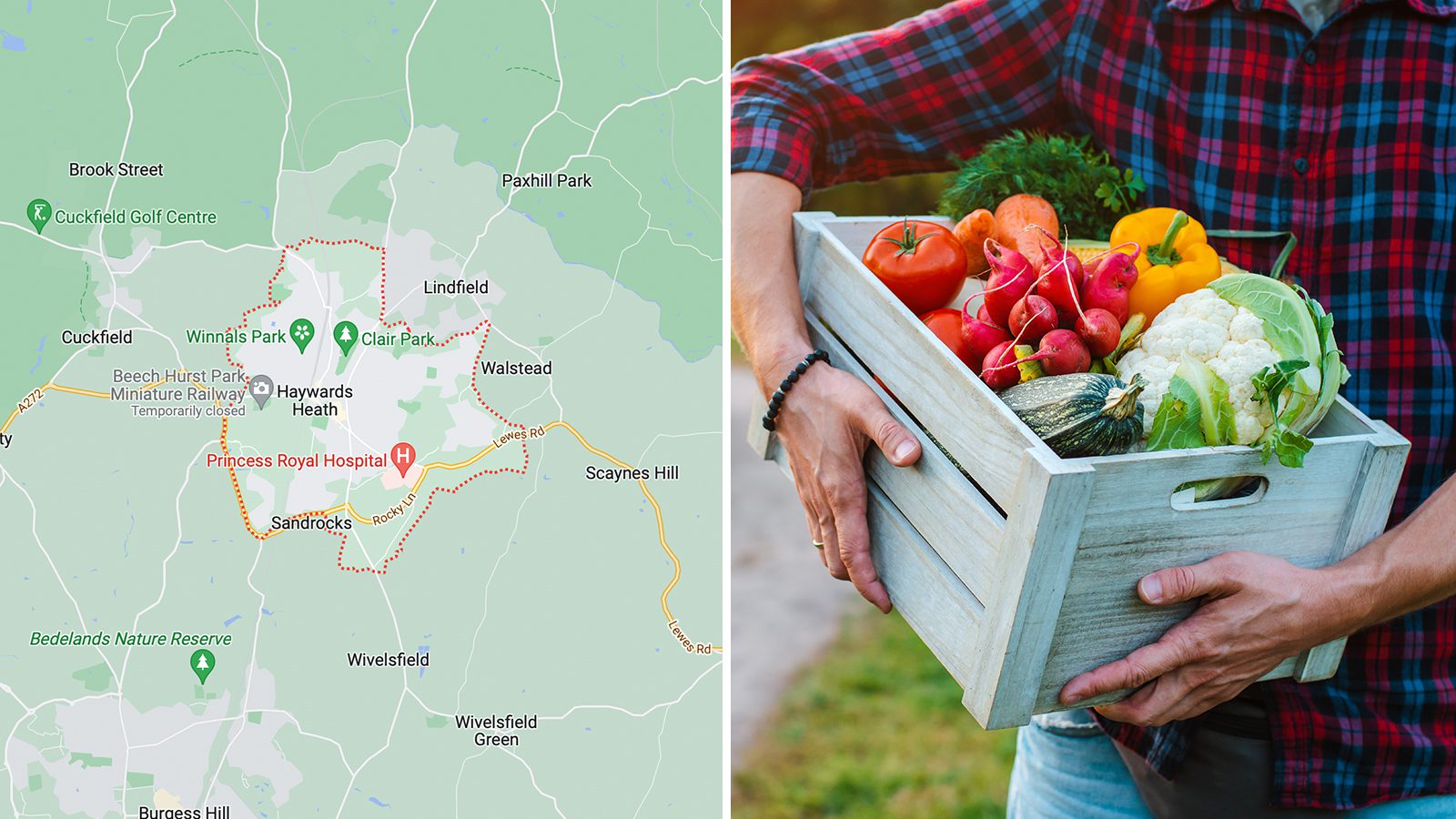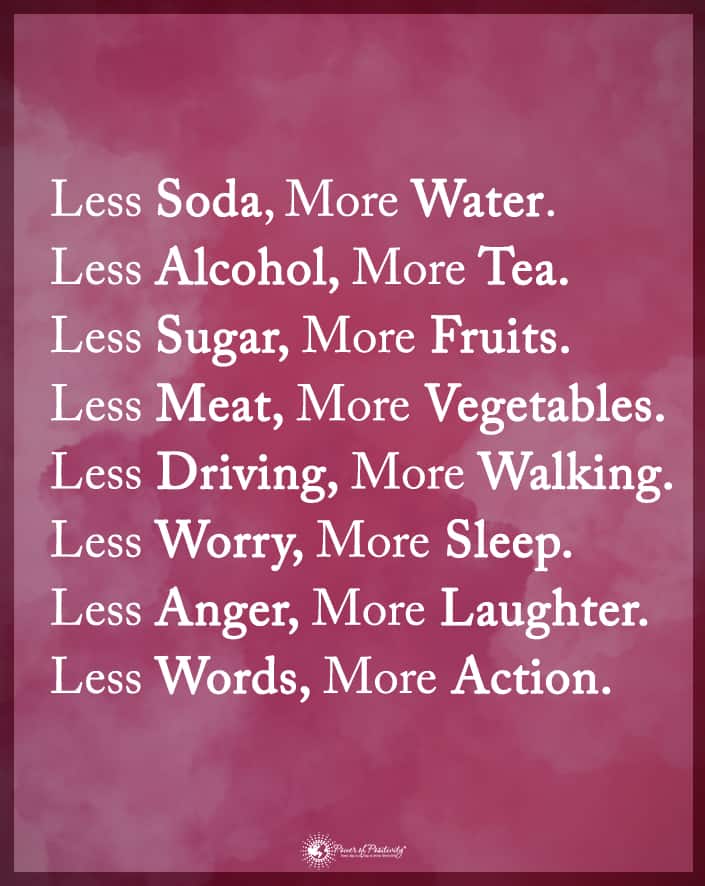In a historic move, a United Kingdom town became the first in Europe to join the Plant-Based Treaty, an initiative encouraging a vegan diet. The West Sussex town of Haywards Heath — with a population of about 34,000 people — endorsed the agreement on July 21, 2022.
The treaty aims to halt the destruction of ecosystems caused by animal agriculture and promote a global shift to plant-based diets. In addition, the treaty pledges to restore ecosystems and biodiversity in areas decimated by intensive animal farming.
The treaty lists 38 demands separated into three distinct categories. The first category, Relinquish, details actions cities can take to prevent the problem from getting worse. The next category, Redirect, offers solutions to help cities transition from animal agriculture to veganism. Finally, Restore focuses on ways to heal critical ecosystems, reforest the planet, and mitigate climate change.
What Haywards Heath Town Management Says About the Plant-Based Treaty
While the Haywards Heath Town Council signed the treaty, it will not direct residents to follow its guidelines. However, the council will share information and educate the community about the many benefits of veganism. It also launched an environmental awards initiative for businesses and schools that reduce food waste and promote plant-based diets.
Haywards Heath Town Council spokesperson said in a press release: “The council has taken a science-based approach to the climate crisis using research from project drawdown to provide a solid scientific foundation. While the Town Council cannot build large solar farms or wind turbines, we can educate and encourage the local community to reduce food waste and move to plant-based diets to reduce CO2 emissions, activities which are as impactful as a large-scale move to green energy!
“Not only this, a move to plant based foods helps increase global biodiversity, will improve the local community’s health, and, importantly, reduce weekly food bills. Having already supported the 2022 Veganuary initiative, endorsing the Plant Based Treaty was the obvious next step in an ongoing journey for Haywards Heath Town Council.”
Who Signed the Treaty Endorsing a Vegan Way of Life?
In August 2021, coordinators and campaigners from around the globe introduced the Plant-Based Treaty. A companion to the Paris Agreement, the landmark international treaty puts our food systems at the heart of combating climate change. So far, 18 cities worldwide have endorsed the treaty, including the City of Boynton Beach, Florida. Other cities that have signed the treaty encouraging veganism include:
- Rosario, Santa Fe in Argentina
- City of Buenos Aires, Argentina
- Bhuj City, India
- Bhujpur City, India
- Jabalpur City, India
- Nagpur City, India
- Amravati City, India
- Thane City, India
- Vadodara City, India
- Ahmedabad City, India
- Bhavnagar City, India
- Mundra City, India
- Jamnagar City, India
- Rajkot City, India
- Sonipat City, India
- Gandhinagar, India
In addition to cities, 827 businesses, 832 organizations, and 48,302 individuals have endorsed the treaty promoting veganism.
What Does the Plant-Based Treaty Do?
The treaty includes three core principles:
1 – Relinquish
- No building of new animal farms or slaughterhouses
- No expansion or intensification of existing farms, including fish farms
- No conversion of plant-based agriculture to animal agriculture
- No land use changes for animal feed production
- No deforestation for animal grazing, rearing, or farming
- Protection of Indigenous peoples and their land, rights, and knowledge
- Ban all live exports
- No new large-scale industrial fishing vessels
2 – Redirect
- Declare a climate emergency, as 1,900+ local governments in 34 different countries have already done
- Focus on ending poverty and hunger and greater access to nutritious food in all nations
- Provide better support for small farmers
- Prioritize a switch to vegan diets in Climate Action Plans
- Update government dietary guidelines to promote whole, plant-based foods
- Raise awareness about the importance of veganism through education in schools and public information campaigns
- Transition to plant-based meal plans in schools, hospitals, nursing homes, prisons, and government institutions
- Include cancer warning labels on processed meats, which the WHO declared carcinogenic
- Tax meats, including fish, with proceeds funding land restoration for areas degraded by animal farming
- Subsidize fruits and vegetables to make veganism more affordable and accessible for low-income families
- End government subsidies for animal agriculture and advertising, and redirect funds to the sustainable production of vegan foods
- Create green bonds to support a transition to a plant-based economy
- Provide financial support and training for farmers, ranchers, and fishermen to transition from animal agriculture to plant-based food production
3 – Restore
- Launch reforestation projects in neglected ecosystems, using native tree species to restore habitats
- Expand zero fishing Marine Protected Areas (known as Highly Protected Marine Areas — HPMAs) in the world’s oceans
- Ban fishing in existing Marine Protected Areas
- Replant seagrass beds and other vital plants that absorb carbon
- Restore damaged ecosystems that are critical for carbon sequestration: mangroves, peat bogs, forests, some grassland varieties
- Subsidize farmers and landowners who demonstrate excellent land stewardship and restoration (such as carbon sequestration, biodiversity, flood prevention, and general climate change resilience)
- Subsidies made available for rewilding and reforestation projects
- Cities: increase planting of trees and flowers, expand green community projects, wildlife corridors, green rooftops, local growing initiatives, and biodiversity
- Enhance food security by making healthy food and veganism accessible for everyone, especially low-income communities of color
- Repurpose available land previously used for animal agriculture by rewilding, reforestation, returning land to Indigenous people, nature reserves, hiking areas, and community gardens
- Return some land ownership to communities for reforestation, green areas, and community food growing
They expect that more cities and businesses worldwide will endorse the treaty so we can further protect and restore the planet.
Final Thoughts on the Plant-Based Treaty for the Future
A small United Kingdom town in West Sussex became the first in Europe to sign the Plant-Based Treaty. The goal is to stop the degradation of ecosystems by focusing on how we produce our food. Numerous studies show that animal agriculture dramatically contributes to climate change and biodiversity loss. So, the treaty aims to promote a shift away from the consumption of animal products to veganism.
So far, eighteen cities and thousands of individuals and businesses have signed the treaty.
















 Community
Community

